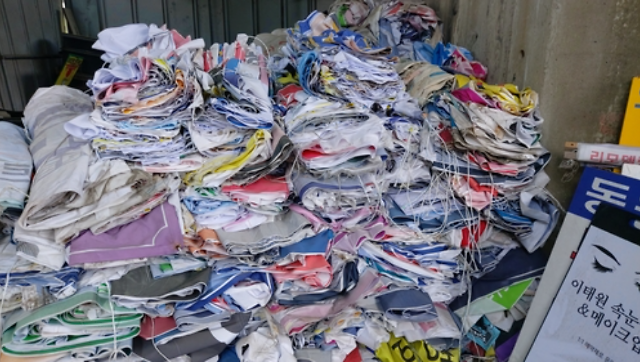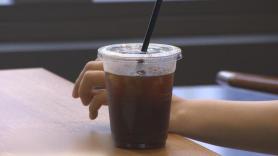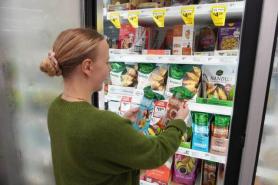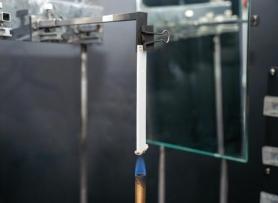
[Courtesy of Seoul City]
Chemical recycling is used to decompose and refine waste PET (polyethylene terephthalate) into raw materials. The materials are then synthesized again to produce recycled PET with a quality similar to that of the original plastics. According to data released by Seoul, banners consist of synthetic fibers that are not easily decomposed when they are buried. The materials are known to emit large amounts of harmful substances such as greenhouse gases and carcinogens when buried.
Seoul said in a statement on April 26 that the city will demonstrate a chemical recycling project with SK geo centric to recycle a total of 14 tons of waste banners. The city expected that recycling 24,000 sheets could reduce greenhouse gas emissions by about 97 tons. A total of 398,863 sheets of waste banners weighing 236 tons were generated in the capital city in 2022, but only 39 percent of them were recreated into shopping carts and solid fuels.
Some companies have tried to create fashion items using discarded banners. In January 2023, BGF Retail, the operator of South Korea's top convenience store chain CU, unveiled its scheme to recreate discarded banners into everyday items such as bags. Many banners used for special events such as the Luna New Year and Valentine's Day have been discarded.
Copyright ⓒ Aju Press All rights reserved.




